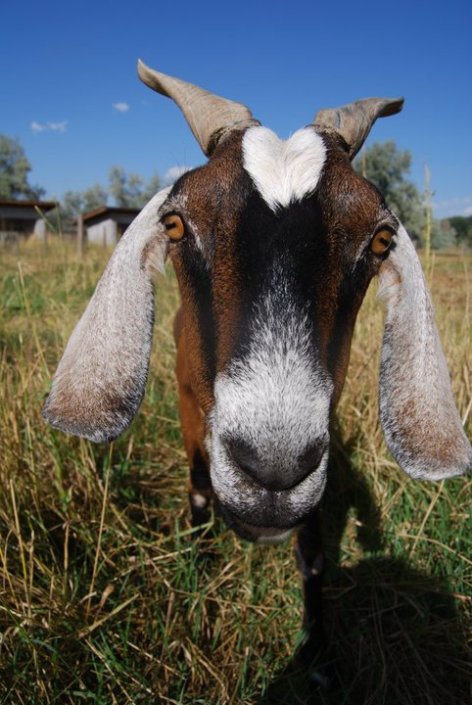Permaculture is sustainable land use design. This is based on ecological and biological principles, often using patterns that occur in nature to maximize effect and minimize work. Permaculture aims to create stable, productive systems that provide for human needs, harmoniously integrating the land with its inhabitants. The ecological processes of plants, animals, their nutrient cycles, climatic factors and weather cycles are all part of the picture. Inhabitants’ needs are provided for using proven technologies for food, energy, shelter and infrastructure. Elements in a system are viewed in relationship to other elements, where the outputs of one element become the inputs of another. Within a Permaculture system, work is minimized, “wastes” become resources, productivity and yields increase, and environments are restored. Permaculture principles can be applied to any environment, at any scale from dense urban settlements to individual homes, from farms to entire regions.
The first recorded modern practice of permaculture as a systematic method was by Austrian farmer Sepp Holzer in the 1960s, but the method was scientifically developed by Australians Bill Mollison and David Holmgren and their associates during the 1970s in a series of publications. While originating as an agro-ecological design theory, permaculture has developed a large international following. This “permaculture community” continues to expand on the original ideas, integrating a range of ideas of alternative culture, through a network of publications, permaculture gardens, intentional communities, training programs, and internet forums. In this way, permaculture has become a form of architecture of nature and ecology as well as an informal institution of alternative social ideals. ELEMENTS Permaculture principles draw heavily on the practical application of ecological theory to analyze the characteristics and potential relationships between design elements. Each element of a design is carefully analyzed in terms of its needs, outputs, and properties. For example chickens need water, moderated microclimate and food, producing meat, eggs, and feathers as well as manure which can help break up hardsoil hardpan. Design elements are then assembled in relation to one another so that the products of one element feed the needs of adjacent elements. Synergy between design elements is achieved while minimizing waste and the demand for human labor or energy. Exemplary permaculture designs evolve over time, and can become extremely complex mosaics of conventional and inventive cultural systems that produce a high density of food and materials with minimal input. While techniques and cultural systems are freely borrowed from organic agriculture, sustainable forestry, horticulture, agroforestry, and the land management systems of indigenous peoples, permaculture’s fundamental contribution to the field of ecological design is the development of a concise set of broadly applicable organizing principles that can be transferred through a brief intensive training.



